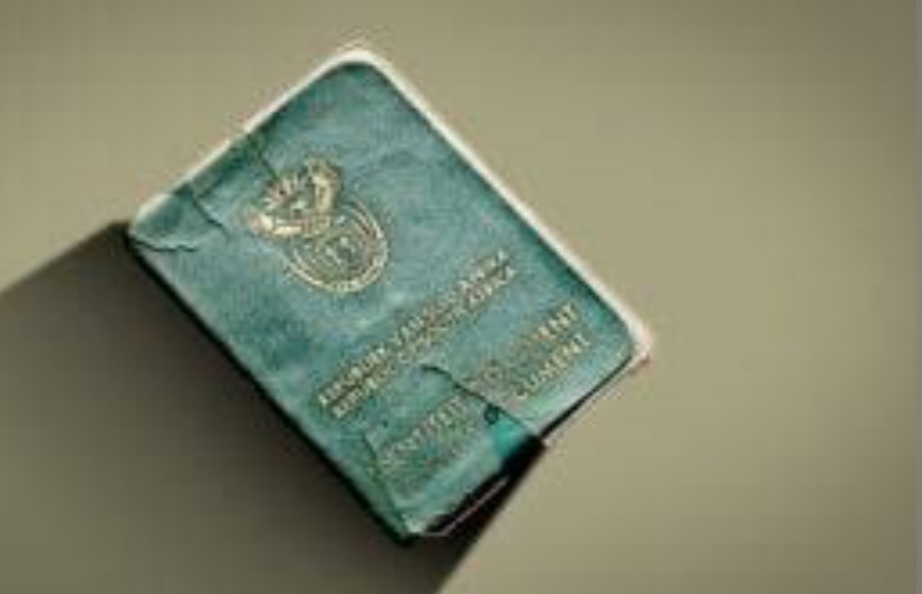The City of Tshwane is on high alert following a cholera outbreak that has been persistent for several months. The National Department of Health has called for South Africa to prepare itself given that cross-border travel is expected to increase due to the festive season. Cholera is contracted through contaminated water or food.
Zimbabwe has since declared a state of emergency in the capital of Harare over the ongoing outbreak. The outbreak has so far killed dozens of people with more than 7,000 suspected cases. Harare mayor Ian Makone said the current cholera outbreak had similarities to the 2008 outbreak. "The outbreak then led to the deaths of over 4,000 people, with at least 100,000 infected, which led to a paralysis of basic services in the country. We have declared a state of emergency because of cholera," said Makone. MMC for Health Rina Marx said the City of Tshwane Health Department has urged residents to take the necessary precautions and if they are unsure about the quality of water, they must boil it before use.
"Symptoms include watery diarrhoea, nausea, vomiting, dehydration and muscle cramps. These can be treated with intravenous fluids and antibiotics. Early treatment is critical," said Marx. She added that fruit, vegetables and meat should be washed using water that has been boiled. Good hand hygiene is also very important in preventing the spread of cholera.
Marx said the City of Tshwane Health Department has already put measures in place to ensure a speedy response to possible cholera cases:Clinical staff have been alerted to remain vigilant and follow relevant protocols if community members present with watery diarrhea at clinics. A communication team will share cholera-preventative e-cards on social media platforms.
Newly appointed peer educators are in the process of receiving in-service training, including several health promotion and educational messages.
Municipal health services teams are ready to respond to requests for water quality
"Though the department's efforts remain focused on preventative measures, our outbreak response teams are ready should they be required. Cholera is highly preventable and treatable if detected early,"







